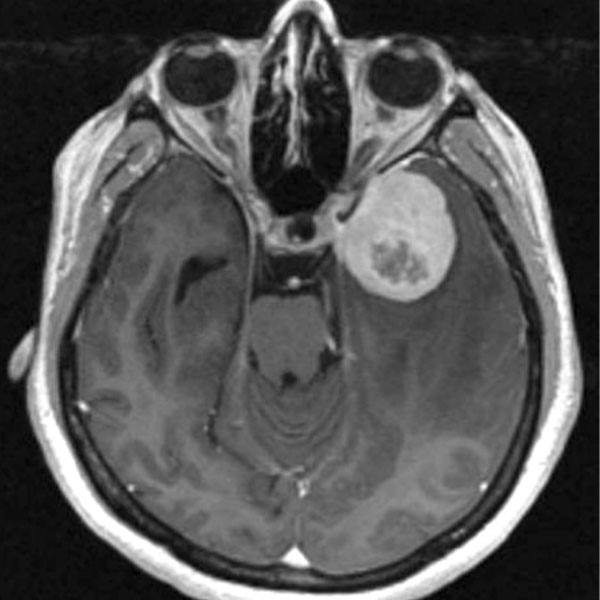-
Cancer
Mayo Discovery: Anticancer Antibiotics
Potential Anticancer Application for Antibiotics
Researchers at Mayo Clinic's campus in Minnesota have revealed that fluoroquinolone antibiotics unexpectedly suppress hypoxia-inducible factor 1-alpha (HIF-1α), a protein involved in the progression of deadly cancers. The findings were published in Journal of Biological Chemistry.
"When human embryonic kidney cells were exposed to fluoroquinolones, HIF-1α simply vanished," says Louis (Jim) Maher III, Ph.D., principal investigator

and senior author of the study. "The effect was unanticipated and counterintuitive. These antibiotics could conceivably be repurposed to manage a range of treatment-resistant cancers, including types of kidney cancers.”
Fluoroquinolones are powerful, broad-spectrum antibiotics traditionally used for the treatment of bacterial infections. The drugs tested in this study— —were shown to reduce HIF-1α levels by inhibiting the conversion of its ribonucleic acid code into functional protein products.
HIF-1α is a molecular sensor protein that adjusts cellular metabolism based on oxygen levels. The protein is found in many cancer cell types, where it helps the cancer cells thrive in low-oxygen tumor environments in the body as part of a process known as the Warburg effect. Exploiting this metabolic state may be critical for slowing tumor growth.
Researchers have been trying to find ways to inhibit HIF-1α but with limited success in clinical trials. This new study suggests that several drugs already approved by the United States Food and Drug Administration may offer new possibilities.
"Although the results are exciting, it is difficult to predict their clinical implications at this point," cautions Dr. Maher. "Studies using cancer cell cultures and animal models are needed before we can begin to more accurately gauge the translational potential of these findings."
The study was inspired by Douglas Derleth, M.D., a pediatrician at Mayo Clinic, Rochester, Minn. and was performed by students in Dr. Maher's basic research team including Post baccalaureate Research Education Program student Sujan Badal and Mayo Graduate School M.D.-Ph.D. student Yeng Her.
The research was supported by grants from the National Institutes of Health, Mayo Graduate School, and Mayo Clinic.
December 14, 2015







